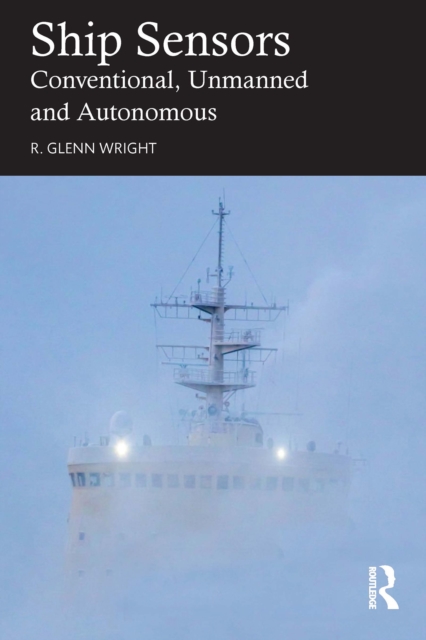
Ship Sensors : Conventional, Unmanned and Autonomous PDF
by R. Glenn Wright
Description
When combined with artificial intelligence, advanced computing architectures and enhanced communications, sensor technologies can monitor vessel performance and the adjacent environment to detect conditions that may hinder voyage completion. This book provides insight into the present and future of sensor architectures and configurations that can enhance vessel performance and further improve the safety of navigation. It covers topics such as traditional and expanded sensor functions in engineering and navigation, as well as new sensor capabilities that can provide greater insight into vessel behavior and performance and enhance awareness of passenger, crew and other human activities. Chapters offer background information on typical legacy vessel sensor configurations and current International Maritime Organization (IMO) requirements for onboard sensors and future regulatory trends before discussing modern sensors and current- generation "smart" sensors that provide enhanced situational awareness to watchstanders. A vision of next- generation sensors currently being investigated for shipboard use is provided along with long- term trends in quantum sensing and computing that promise radical change across a wide variety of vessel functions. Insight is also given into cybersecurity factors so essential to all sensor systems. Ship Sensors: Conventional, Unmanned and Autonomous is ideal for professional seafarers, maritime academics and university students, and developers of maritime sensors and systems.
Information
-
Download - Immediately Available
- Format:PDF
- Pages:266 pages
- Publisher:CRC Press
- Publication Date:29/02/2024
- Category:
- ISBN:9781003855248
Other Formats
- EPUB from £39.68
Information
-
Download - Immediately Available
- Format:PDF
- Pages:266 pages
- Publisher:CRC Press
- Publication Date:29/02/2024
- Category:
- ISBN:9781003855248






